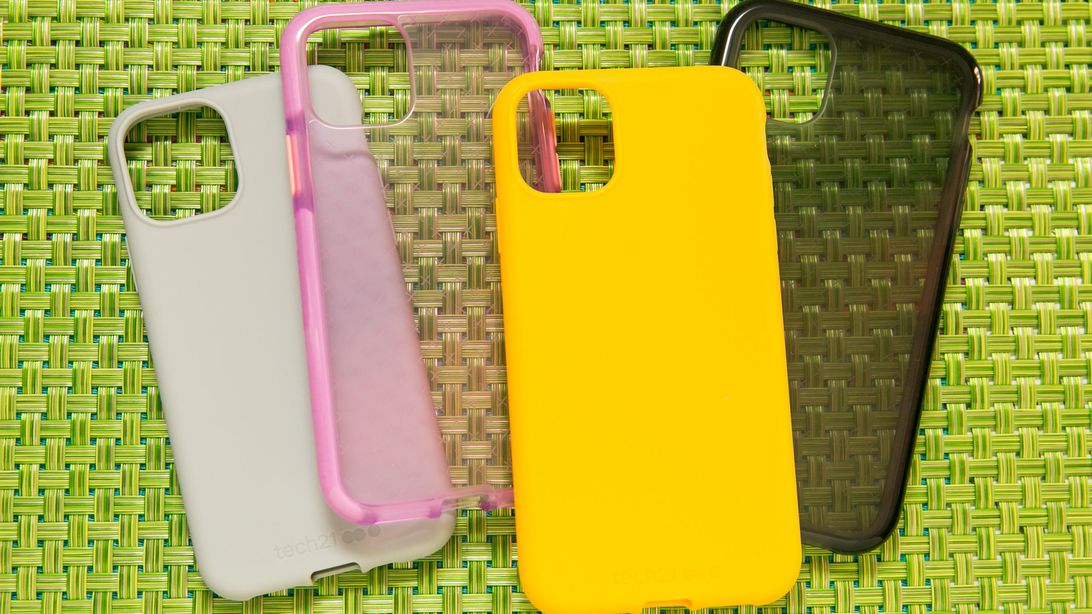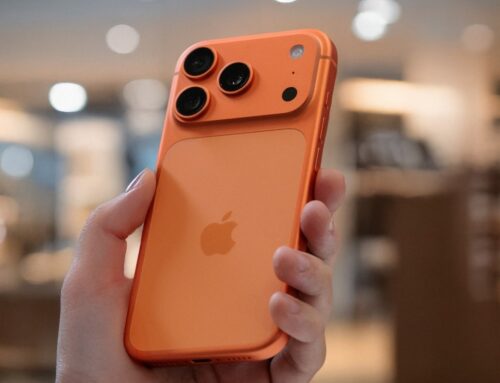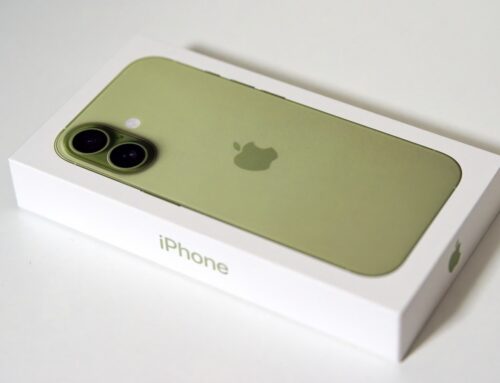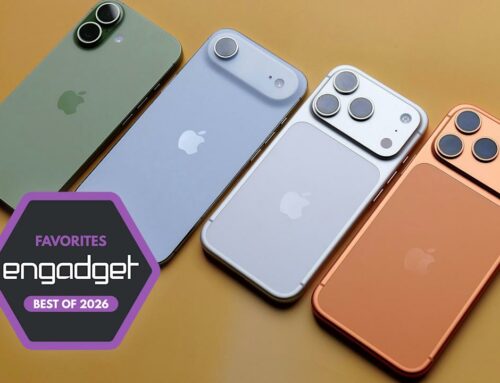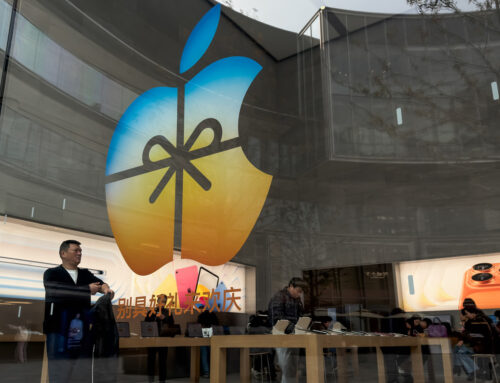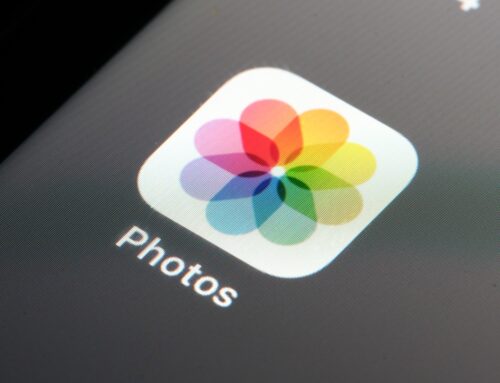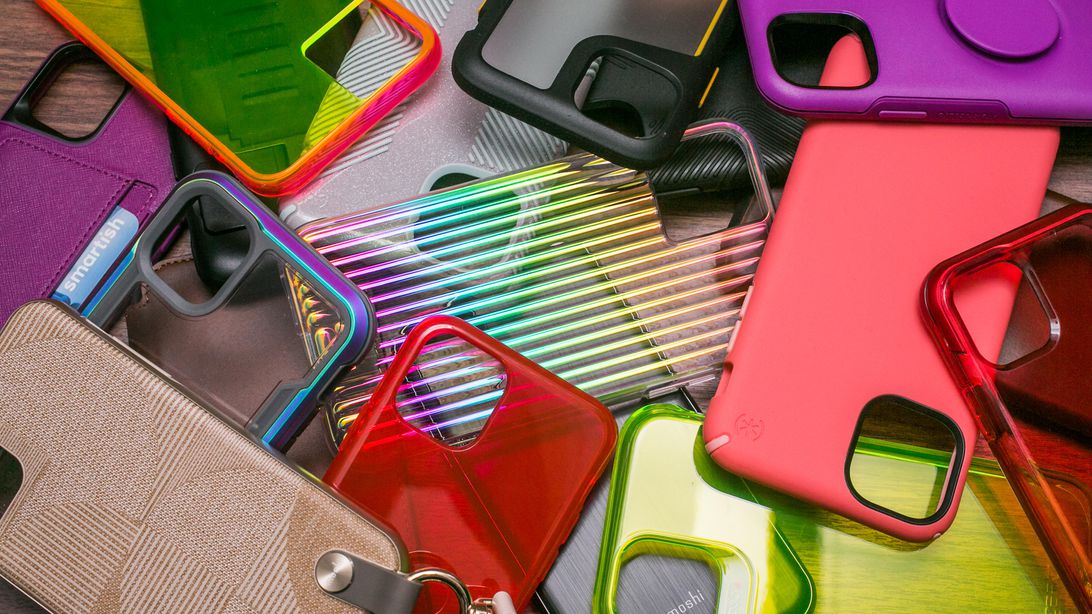
There are a lot of pretty iPhone cases out there. But the iPhone is pretty on its own, too.
Sarah Tew/CNET
Ever since I experienced the anguish of back-to-back iPhone screen-shattering accidents, I’ve been firmly pro-case.
“It’s just safer and more pragmatic,” I told myself after my iPhone 7, and later my iPhone 8, had their screens irreparably cracked following accidental drops. “Why risk spending another thousand bucks on an iPhone?”
But all it took was a single, seemingly mundane moment to alter my perspective: when I slipped off the case to extract the SIM card from my iPhone 12 Pro Max after months of leaving it swaddled in rubber.
I was instantly reminded of why these phones are premium: The flat display looked all the more stunning without the case protruding from the sides. The phone felt lighter and more comfortable in my hands and the soothing Pacific blue shone through, unadulterated. It was as if the very integrity of the iPhone’s hardware had been revealed. The newly unveiled iPhone 13 lineup is just as aesthetically pleasing — here are all the design changes and color options.
Discover the latest news and best reviews in smartphones and carriers from CNET’s mobile experts.
“Maybe you should go caseless, it’ll be awesome… ” a voice in my head whispered.
“Nah, you’re crazy!” interrupted another, louder voice. “Pop the case back on ASAP and forget about it! Not worth the risk.”
Ignoring the rational voice in my head, I decided to find out if I was the only person bonkers enough to secretly want to carry a $1,200 iPhone without a case. I wasn’t.
After a quick Google I discovered droves of caseless iPhone crusaders: Fans claiming that using a naked iPhone is the only way to experience the best-known consumer tech product on the planet.
“This phone [iPhone 12] is too gorgeous to hide away,”http://www.cnet.com/” said one Reddit user in response to a question about going case or caseless.
“I’m rocking it naked. Bought AppleCare for peace of mind,” wrote another person on Reddit. “Ceramic coming in clutch,” the post said, referring to Apple’s Ceramic Shield, which the company said offers four times better drop protection than the iPhone 12’s predecessor had.
Read more: See the results of our iPhone 12 drop test, iPhone 12 Mini drop test and iPhone 12 water resistance test.
Former CNET contributor Chris Matyszczyk put it this way: “You don’t buy a BMW and cover it in black rubber, do you? … You don’t buy a Prada purse and then wrap it in pink cling film just to make sure none of the corners get scratched.”
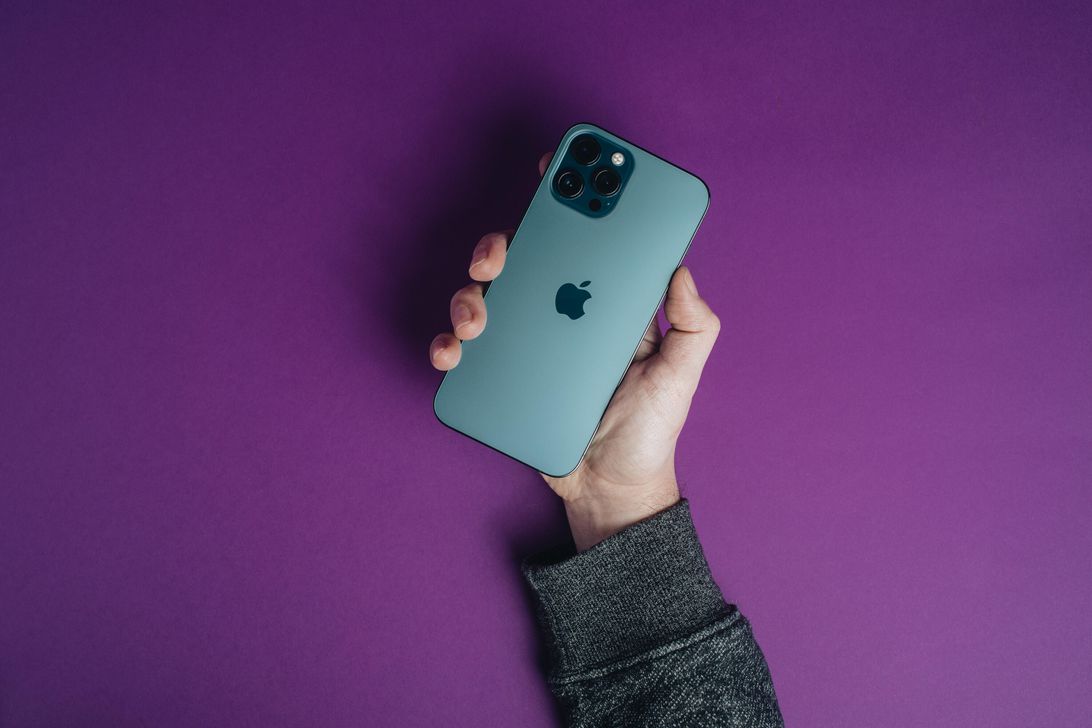
Sarah Tew/CNET
Encased iPhones
Tucking your iPhone “safely” into a case is a norm woven into the fabric of global smartphone culture. Take a look at the protective phone case industry, which is already worth billions and is projected to expand alongside phone ownership. Add nonstop marketing into the mix, and it starts to feel like cocooning your iPhone in a case is an absolute necessity. The choices are endless: There are shock-resistant cases, eco-friendly cases, cases with sparkly purple dinosaurs, cases fancied by Miley Cyrus, 3D-printed cases you can make complete with a photo of your own dog — if you’re so inclined — and so on.
But this way of life didn’t come out of nowhere. Encasing your iPhone has melded into our mainstream culture for legitimate reasons, of course: Nobody wants to risk their iPhone’s destruction (most are just too expensive), and everyone wants to preemptively save time, money and resources. Despite all that, I still believe iPhones are best experienced without a case. (And yes, I absolutely recognize this lifestyle choice will not appeal to the pragmatic — an uncased iPhone probably sounds outrageous — but it might make sense to the purists of this world.)
Read more: Not convinced? These are the best cases for iPhone 12 and here are the best iPhone 13 cases.
In recent years, Apple has invested tens of billions on research and design, of which a portion has gone toward carefully crafting the luxurious look and feel of each year’s iPhone. It’s also easy to forget that Apple employs teams to test its iPhones to make sure they’re designed to perfection, even if they don’t quite get there. The reality is iPhones are sturdier than ever, too. Apple’s ceramic-glass shielding, which debuted with the iPhone 12, went above and beyond expectations, protecting the hardware from drops as high as 9 feet. (Take a look at the results of CNET’s iPhone 12 drop test if you need more evidence.)
Also, cases don’t necessarily guarantee full protection. In fact, according to some insiders, many broken-phone claims reportedly are made about iPhones that were in cases. Just take a look at Amazon reviews for certain highly protective cases and you’ll see a smattering of reviews from people who broke their phone in the first week of using a case.
Read more: Stop buying breakable phones, and you won’t even need a case anymore
Case for the caseless iPhone
After doing research, I made the informed decision to go caseless. Here’s what I’m enjoying: the lightness, thinness, portability and in-hand feel. I’m also appreciating that I can now take advantage of Back Tap more easily. (To be sure, it worked when I used an iPhone case, but I noticed I had to tap slightly harder with my case.) I’ve programmed it to perform tasks like launching TikTok and taking screenshots. And guess what? Because of this lifestyle choice, I’ve evolved into a more careful human being. Will that transcend into other elements of my life? Maybe.
Still, the caseless iPhone lifestyle — although far superior to the encased experience — hasn’t been perfect. As it turned out, I had sacrificed peace of mind. I hadn’t fully accepted the risk associated with carrying a caseless iPhone around Hong Kong. Anxiety over my iPhone 12 Pro Max slipping then crashing down onto rock-hard floors hit me in waves some days (even if I do have AppleCare). My Pro Max, which features a matte finish, is still pretty slippery.
Then, as I made my way to a charming Hong Kong beach, I worried about grains of sand infiltrating my iPhone’s stainless-steel chassis — regardless of its IP 68 rating, indicating it’s both dust- and waterproof.
“Don’t underestimate the kind of damage even a single grain of sand can do to your iPhone,” my rational inner voice cautioned, yet again.
Maybe the caseless life wasn’t for me, after all. So I decided to mix it up and swing for the best of both worlds.
Now I save the case for higher-risk activities like hitting the beach and hiking trails, and for when I eventually hop aboard an airplane. For lower-risk shenanigans like hanging out at home, heading to my neighborhood haunts or catching up with my girlfriends over dinner, I can enjoy the iPhone the way Apple intended. Complete with double taps on the back.
Perhaps the “right” way for me isn’t about living a pro- or anti-case life, or about being divided between case-haves and have-nots — but instead it’s taking a hybrid approach, where case and caseless days can peacefully coexist.

